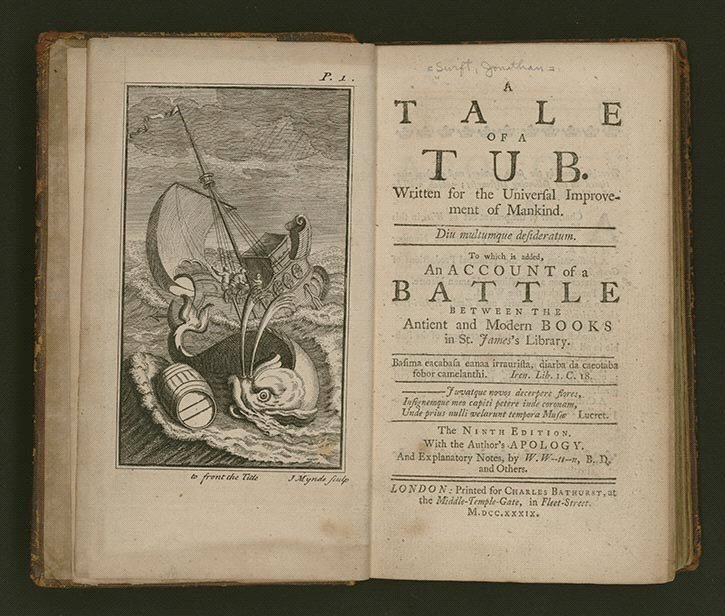What can a graveyard tell you about civics, race, history, and memory? We teamed up with the Black Heritage Trail of New Hampshire (BHTNH) to explore New Hampshire’s Black history through the stories of local graveyards. In four videos, we explore remarkable lives and learn what a person’s resting place can reveal about the way society viewed them and how they had their final word in burial.
This is a lesson plan to pair with these videos. Students will choose one of the burial site videos to watch, write a short reaction based on discussion questions, and ultimately lead their own graveyard investigation.
Watch
(choose one or go for them all!)
Portsmouth African American Burying Ground
React
Write a response to 1-2 of these questions
What information could be gathered just by looking at the tombstone? What does it tell us about the person or people buried there?
What do these burial sites tell us about the broader picture of Black life in New Hampshire?
Why is it so difficult to research the lives of Black Americans in early US history?
What can we learn from studying the lives of “ordinary” Americans?
Do
Comparing Graves
Grave sites can tell us a great deal about the history of people buried within them, but even more about what histories we study in general.
Find the nearest cemetery to your home. You might know one already, or you can simply search for “cemeteries near me” to find one.
Travel to that cemetery and choose two graves:
One that looks large, opulent, and important. Find the tallest, most central, most ornate stone in the whole cemetery.
One that looks less so. Find a smaller grave (with a name on it!) that is less ornate, maybe located on the edge of the cemetery.
Take a picture of these stones and the information upon them. You could also write the information down!
Now begins your internet sleuthing! Using the names, dates of birth and dates of death, try to find other information on these people through familysearch.org.
Consider the following questions
Is there more information available about one person versus another?
Why are some people’s histories and stories better preserved than others?
What does your research tell you about historical demographics (income levels, culture, race, religion) in your town?
How can cemeteries help us to learn about people we might not find in history books? Why is it important to learn about these people?
How can you help to preserve lesser-known histories?
Links
Find a Grave: A place to look up millions of gravestones
Family Search: A free database of historical records




